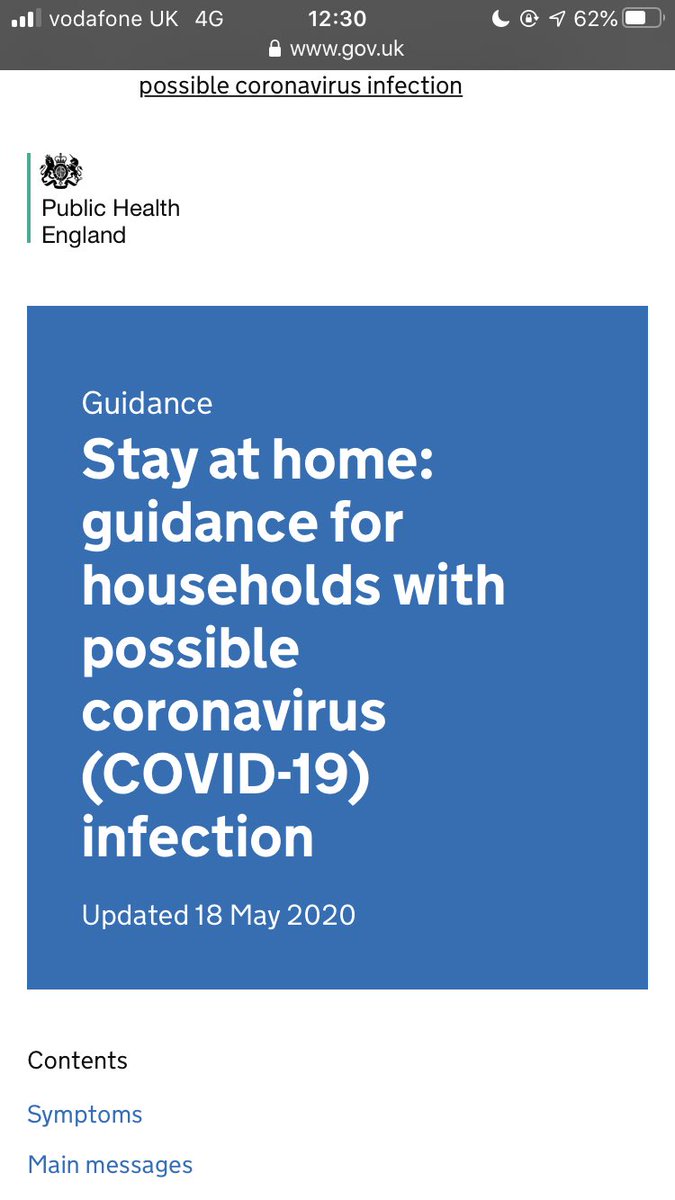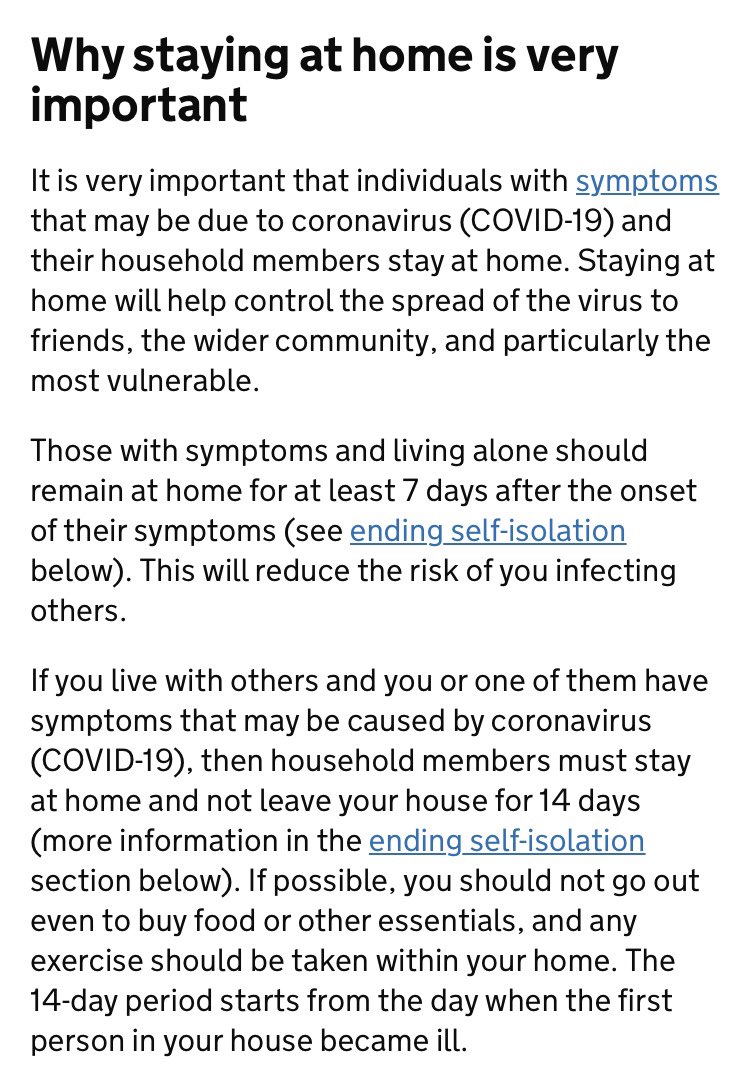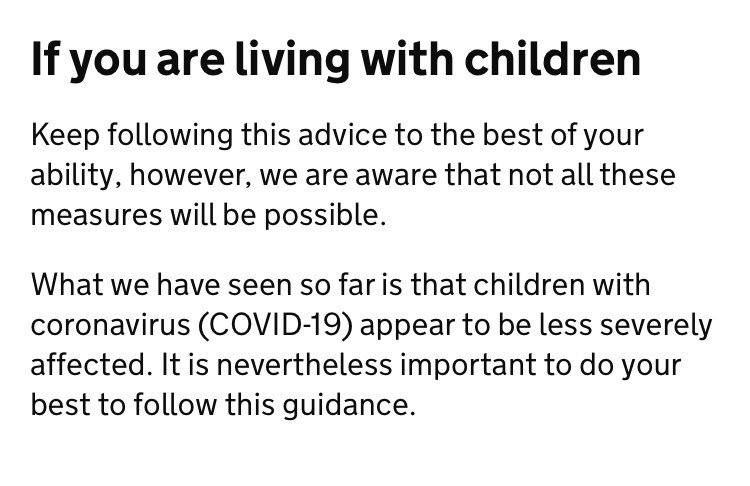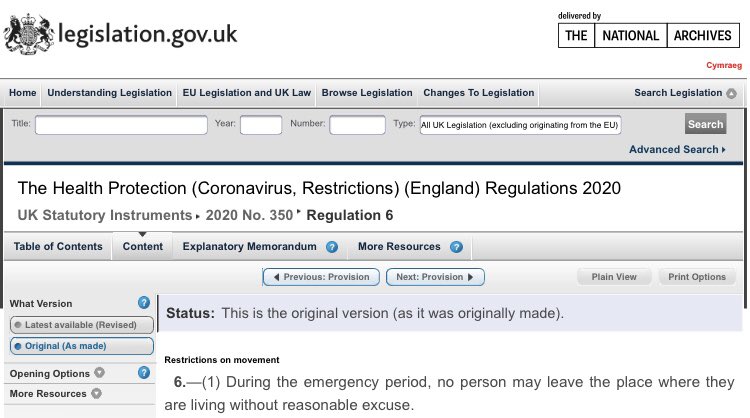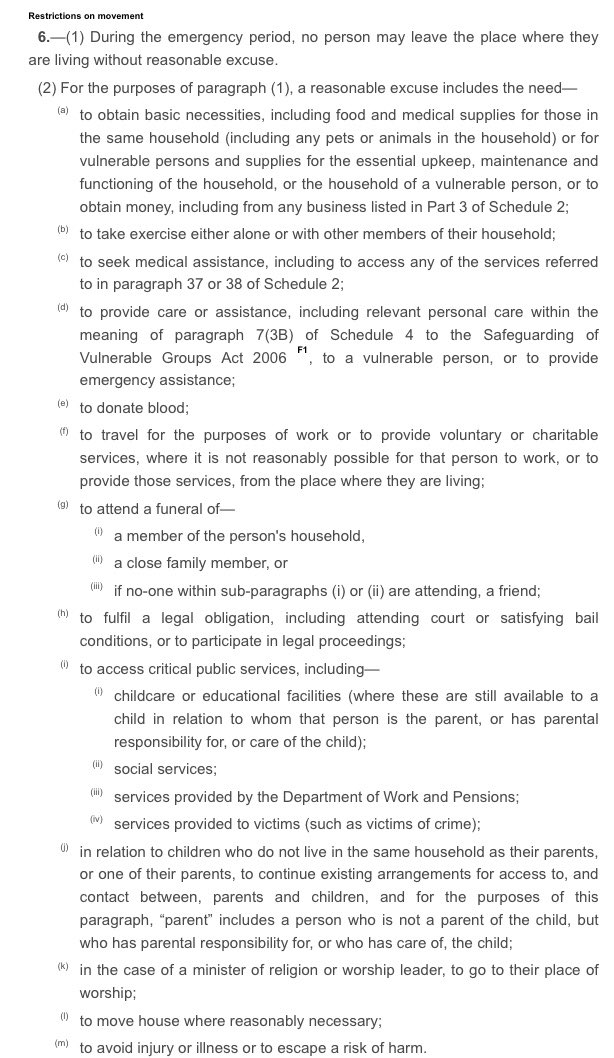The lockdown led to hard choices, risks and sacrifices. Millions can empathise with childcare struggles. It’s not personal, political or callous to ask the UK government where, in its rules, was the explanation that folk could travel long distances in case they might need help.
So let’s look at the Public Health England guidance entitled “Stay at home: guidance for households with possible coronavirus...infection”. It says “It is very important that individuals with symptoms that may be due to coronavirus (COVID-19) and household members stay at home.”
The guidance continues “Staying at home will help control the spread of the virus to friends, the wider community, and particularly the most vulnerable.” The guidance accepts this may be “difficult and frustrating” and offers tips on how to cope.
The guidance continues “Keep following this advice to the best of your ability, however, we are aware that not all these measures will be possible.” Children, it says, “appear to be less severely affected. It is nevertheless important to do your best to follow this guidance.”
So, the questions remain: does that general caveat justify Mr Cummings’ actions? Was the extent of the caveat explained clearly to everyone else? Will this encourage others to emulate him, now or during a second wave, and what will be the public health implications if they do?
These are not biased attacks. They are important journalistic enquiries in a matter of enormous public interest. You can read the full guidance here. https://www.gov.uk/government/publications/covid-19-stay-at-home-guidance/stay-at-home-guidance-for-households-with-possible-coronavirus-covid-19-infection">https://www.gov.uk/governmen...
So that was the guidance. What about the law? Let’s look at The Health Protection (Coronavirus, Restrictions) (England) Regulations 2020 as in force at the time.
Section 6 begins thus...
“6.—(1) During the emergency period, no person may leave the place where they are living without reasonable excuse.” What are the reasonable excuses?
“6.—(1) During the emergency period, no person may leave the place where they are living without reasonable excuse.” What are the reasonable excuses?
They are to obtain food/supplies/exercise/medical assistance; to provide care or assistance to a vulnerable person (those 70+, pregnant, or with underlying health conditions); to provide emergency assistance; to donate blood; in extremis to travel for work or attend a funeral...
...to fulfil a legal obligation; “to access critical public services, including— (i)childcare or educational facilities (where these are still available to a child in relation to whom that person is the parent, or has parental responsibility for, or care of the child)”;...
Also to access social services, DWP services, victims of crime services; for parental contact with children who don’t live with a parent; for ministers of religion to go to their place of worship; or to move house.

 Read on Twitter
Read on Twitter